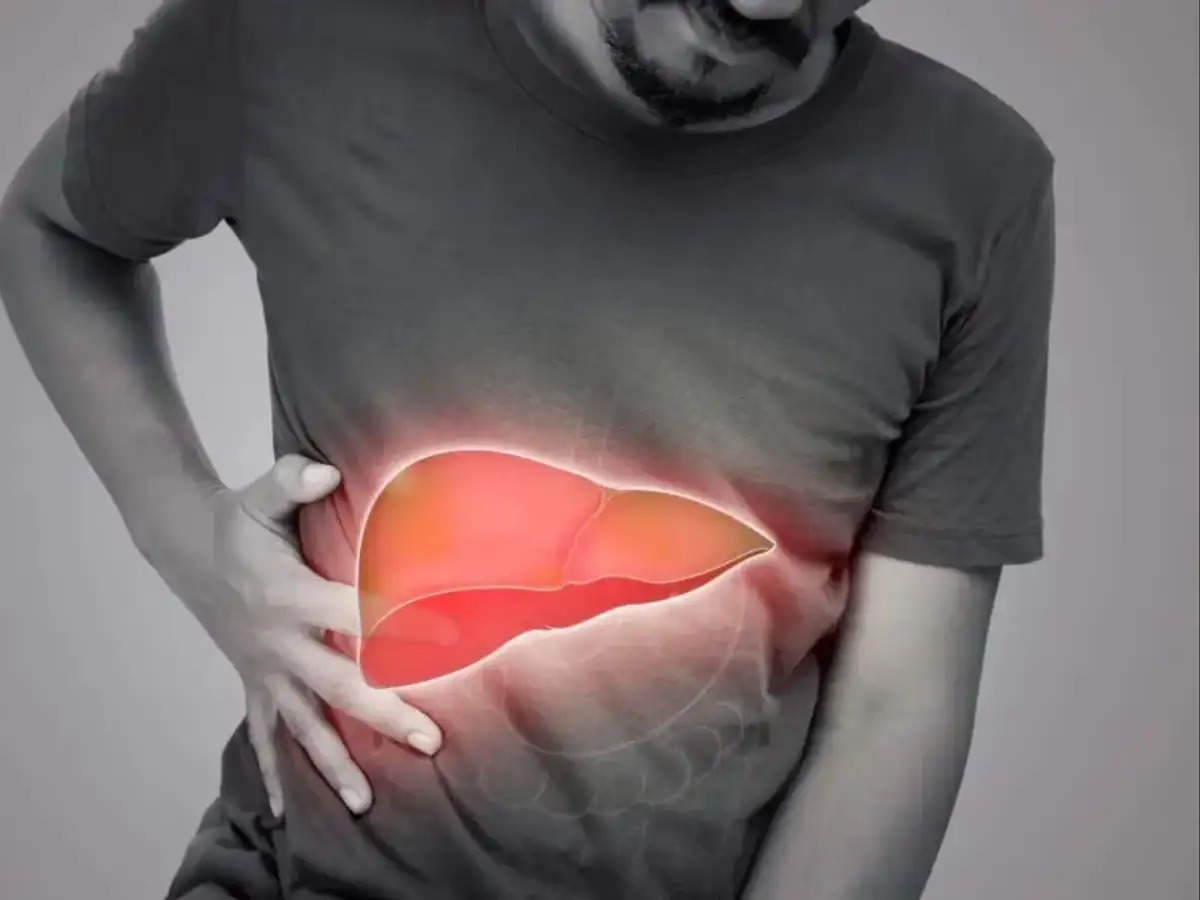Scientists have discovered a protein in the immune system that may increase the chances of preventing multi-organ failure in patients suffering from severe liver injury. The researchers said that damage in one part of the body increases the aging of cells and reduces their ability to function, which can spread to other organs.
In a process called ‘senescence’ that occurs with aging, cells become tired and stop functioning properly. However, this process can also occur due to disease at any age. Senescence of liver cells due to serious disease can cause serious damage to this organ, leading not only to liver failure but also to multi-organ failure.
A team of researchers led by the University of Edinburgh, UK The team conducted research on mice and human liver tissue suffering from severe liver disease. They found that when large numbers of liver cells are damaged, the senescence process also occurs in other organs, such as the kidneys and lungs, increasing the risk of multiple organ failure and the need for a liver transplant.
The researchers tgfb Identified a mech.sm by a protein called , which is linked to the immune system. Blocking the activity of this protein can prevent liver cell damage from spreading to other organs. “We validated these new and exciting observations in patients by developing blood biomarkers to identify high-risk patients and identify new treatment options,” said study author Rajeev Jalan, professor of hepatology at University College London, UK. Is a professor of.
What is the expert opinion?
The researchers said there are no tests currently available that can predict how liver failure will progress, but monitoring liver cells can identify patients who may need a transplant. “We have identified the TGFB pathway, which is an important mediator of the transmission of senescence to other organs, and its inhibition can prevent liver-induced kidney problems.

